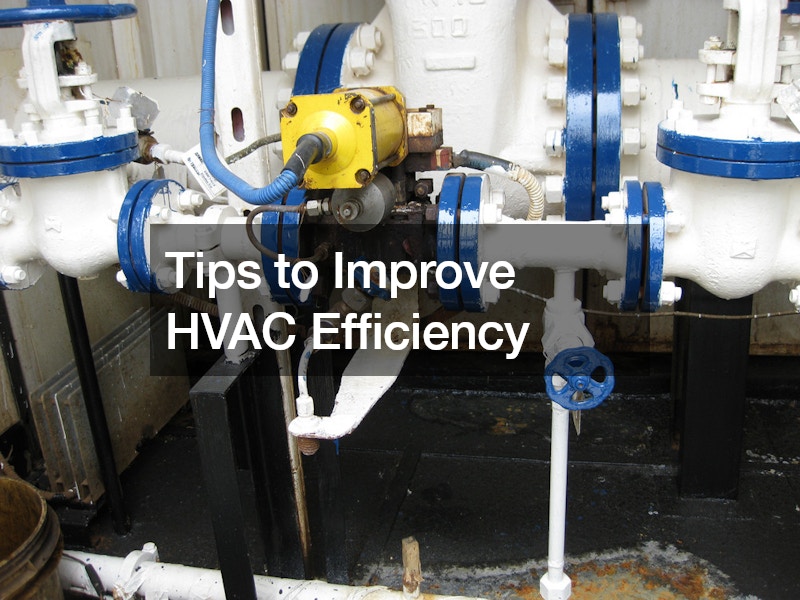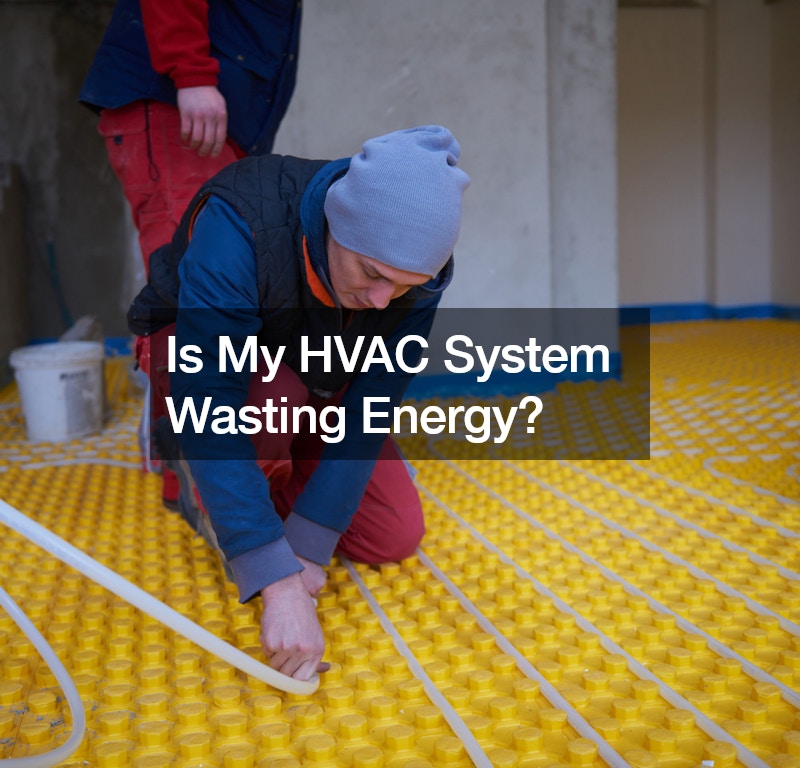If you’ve noticed a spike in your energy bills, or if your home never quite feels comfortable, your HVAC system might be wasting energy. Here are some signs to look out for and tips to improve your HVAC system.
Signs Your HVAC System Is Wasting Energy
1. High Energy Bills: One of the most apparent signs that your HVAC system is wasting energy is a sudden or steady increase in your energy bills. While energy costs can fluctuate due to changes in usage patterns or seasonal variations, a consistent rise in energy expenses often indicates an inefficient system. Compare your current bills with those from previous years to identify any significant changes.
2. Uneven Heating or Cooling: If some rooms in your home are too hot while others are too cold, your HVAC system might be struggling to distribute air evenly. This uneven heating or cooling can cause the system to work harder, using more energy to maintain the desired temperature throughout your home. Common causes include blocked vents, leaks in ductwork, or an improperly sized system.
3. Frequent Cycling: An HVAC system that frequently turns on and off, known as short cycling, can be a sign of inefficiency. This behavior not only wastes energy but also puts additional wear and tear on the system, potentially leading to more frequent repairs or a shorter lifespan. Short cycling can result from various issues, such as a malfunctioning thermostat, poor insulation, or an oversized unit.
4. Inconsistent Temperatures: If you find yourself constantly adjusting the thermostat to maintain a comfortable temperature, your HVAC system might be underperforming. Inconsistent temperatures can indicate problems with the system’s components, such as the compressor, blower, or thermostat, leading to higher energy consumption as the system struggles to keep up with demand.
Causes of Energy Waste in HVAC Systems
1. Poor Maintenance: Regular maintenance is crucial for an efficient HVAC system. Dirty filters, clogged ducts, and worn-out components can all reduce efficiency. Without regular cleaning and servicing, your system has to work harder to heat or cool your home, consuming more energy in the process.
2. Outdated Equipment: Older HVAC systems are generally less efficient than modern ones. Advances in technology have led to significant improvements in energy efficiency. If your system is over 10-15 years old, it might be time to consider an upgrade. Modern systems often come with features such as variable-speed motors, smart thermostats, and improved refrigerants that enhance efficiency.
3. Improper Sizing: An HVAC system that is too large or too small for your home can lead to energy waste. An oversized system will short cycle, while an undersized system will run continuously to meet demand. Both scenarios result in increased energy use. Ensuring your system is properly sized by a professional can help optimize performance and reduce waste.
4. Leaky Ductwork: Leaky ducts can significantly impact your HVAC system’s efficiency. Air leaks in the ductwork can cause conditioned air to escape before it reaches its intended destination, leading to energy waste. Sealing and insulating your ducts can help ensure that the air is delivered efficiently throughout your home.
5. Poor Insulation: Proper insulation is essential for maintaining energy efficiency. Poorly insulated homes lose conditioned air, forcing your HVAC system to work harder. Insulating your home, including walls, attics, and basements, can help retain the desired temperature and reduce the system’s workload.

Tips to Improve HVAC Efficiency
1. Regular Maintenance: Schedule regular maintenance with a professional technician in HVAC Burnsville MN residents can depend on to keep your system running smoothly. This includes cleaning or replacing filters, inspecting and cleaning ducts, and checking all components for wear and tear.
2. Upgrade to a Programmable Thermostat: A programmable thermostat allows you to set different temperatures for various times of the day, reducing energy use when you are not home. Smart thermostats go a step further by learning your schedule and adjusting settings automatically for optimal efficiency.
3. Seal and Insulate Ducts: Ensure your ductwork is properly sealed and insulated to prevent air leaks. This simple step can significantly improve the efficiency of your HVAC system.







